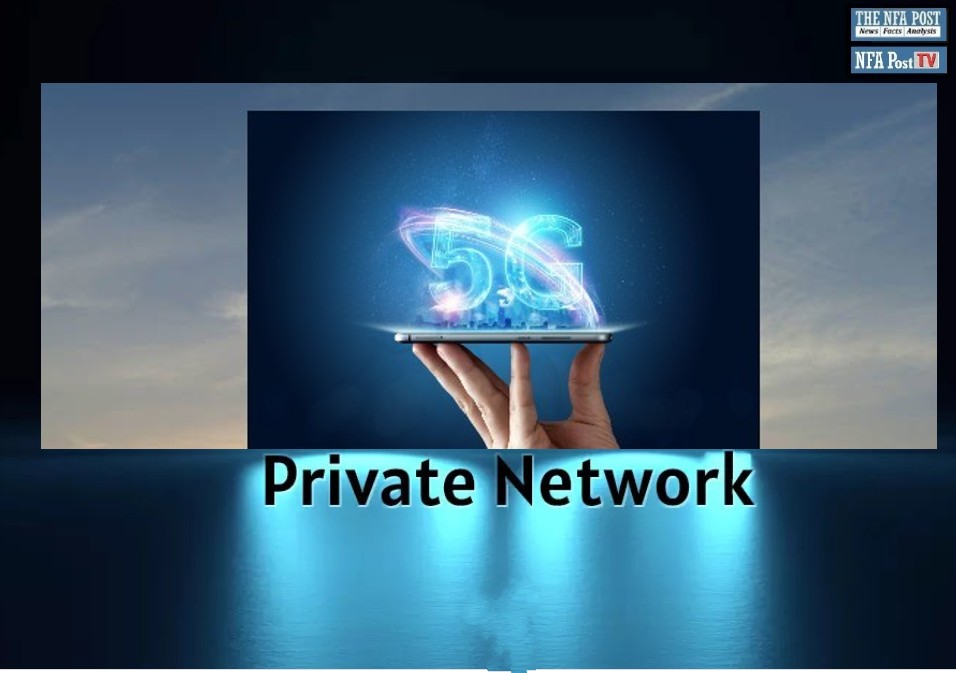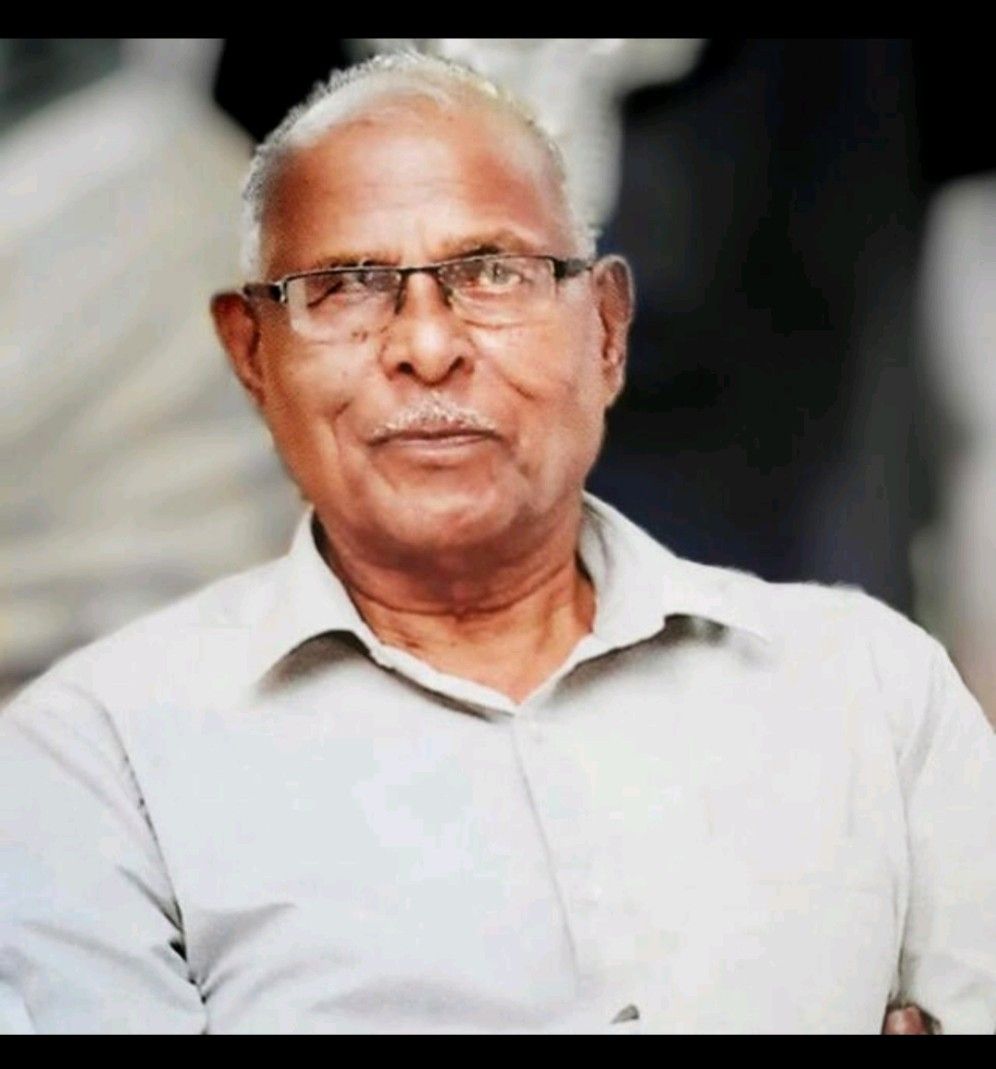Module launched on Saralsanchar portal for carrying out demand studies
Enterprises having net-worth over Rs 100 Crores and willing to set up CNPNs
CNPN license will be bidding for spectrum directly from DoT
Bengaluru, NFAPost: Captive Non-Public Network (CNPN) can play a key role in developing industries by providing secure, ultra-reliable, low latency and high throughput communication using advanced technologies. The government had issued the ‘Guidelines for Captive Non-Public Network (CNPN) license’ on 27th June 2022, aimed at establishing the legal framework for CNPNs.
The guidelines provide that the enterprises seeking to establish CNPN may obtain spectrum on lease from Telecom Service Providers or directly from DoT. These guidelines also provide that Department of Telecommunications (DoT) will undertake demand studies for direct assignments of spectrum to Enterprises setting up CNPNs.
DoT has now launched a module on Saralsanchar portal for carrying out the demand studies. The portal may be accessed at: https://saralsanchar.gov.in. An OM has been issued in this regard on 09-08-2022.
Enterprises having net-worth more than Rs 100 Crores and willing to set up CNPNs by obtaining spectrum directly from DoT are invited to participate in this exercise. The details can be submitted on the portal from 10-08-2022 to 09-09-2022.
Commenting on the intiative of DoT, Arvian Consulting Captive Non-Public Network (CNPN) is expected to help many technology companies to de-facto become service providers.
“These companies can set up data centres and then engage in direct competition with TSPs in the enterprise connectivity space. We will witness consumers can access much more flexible service options if it is materialised,” states Arvian Consulting.
Cellular Operators Association of India (COAI) Director General S P Kochhar had made it clear CNPN paves backdoor entry to big technology players to provide 5G services and solutions to enterprises in India.
“Any consideration of administrative allocation of spectrum for such networks is fundamentally against the principles of a level-playing field. Here we have to come up with equivalent regulatory compliance and payment of levies that TSPs are subjected to,” said COAI Director General S P Kochhar.
The industry body urged the government to ensure that private networks at different locations under one licence, taking leased lines connectivity to connect multiple locations, were not permitted, and cloud connectivity specifically barred.
COAI also reiterated its earlier demands that enterprises should comply with EMF norms, subscriber verification norms, security conditions, and law enforcement agencies’ requirements.





